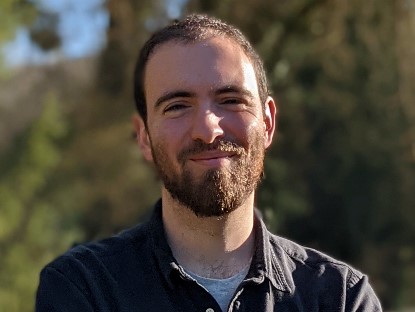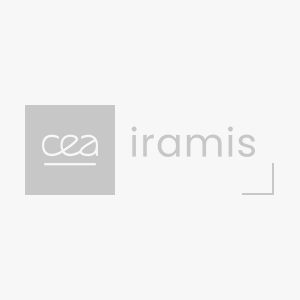
Romain Géneaux is a researcher at the Laboratory Interactions, Dynamics and Lasers (IRAMIS/LIDYL) at the CEA Paris-Saclay. He earned his Ph.D. working at the CEA on high harmonic generation, before studying attosecond solid-state spectroscopy at the University of Berkeley (CA) for his postdoc. In 2021, he joined LIDYL after obtaining a Junior Research Chair from the laboratory of excellence Physique Atomes Lumière Matière (PALM).
His research focuses on condensed-matter spectroscopy, which has the peculiarity of using the shortest pulses of light available today: pulses with attosecond duration, which is on the order of 10-18 seconds. These laser-based sources, which provide light in the extreme ultraviolet spectral range, allow probing the response of matter at timescales hitherto uncharted. The use of attosecond spectroscopy to probe electrons in materials, which Romain Géneaux is exploring, is a burgeoning field that emerged recently.
In his recently awarded ERC Starting Grant 2021, entitled SPINFIELD (Controlling spin angular momentum with the field of light), Romain will study the interaction between light and the spin of electrons, an intrinsic quantum property directly responsible for macroscopic properties of materials, such as magnetism. The goal is to answer a fundamental question: are there direct and coherent interactions between the electronic spins of a solid and the electric field of light? This problem, which involves concepts from relativistic quantum electrodynamics or many-body quantum physics, is yet unsolved because answering it requires capturing spin dynamics at ultrashort timescales, with great precision. With the help of attosecond science and state-of-the-art instrumentation available at the ATTOLab facility, Romain Géneaux hopes to finally bring these field-spin interactions into light. The results could give rise to new ways of using lasers to control the magnetization or topology of materials, which are key properties to develop future generations of electronic devices.


